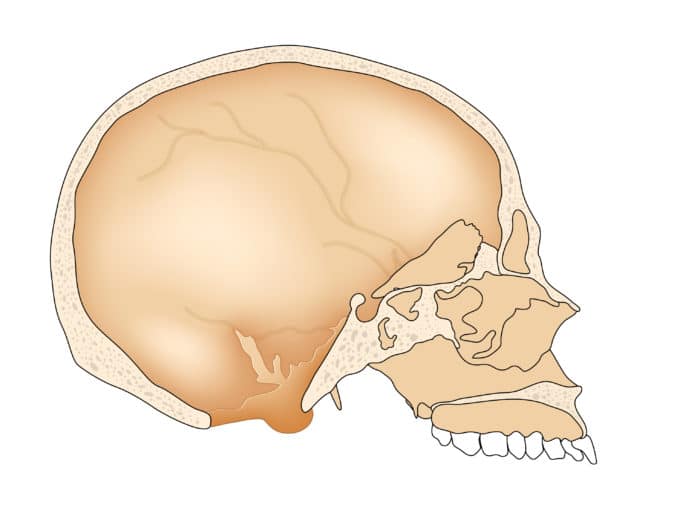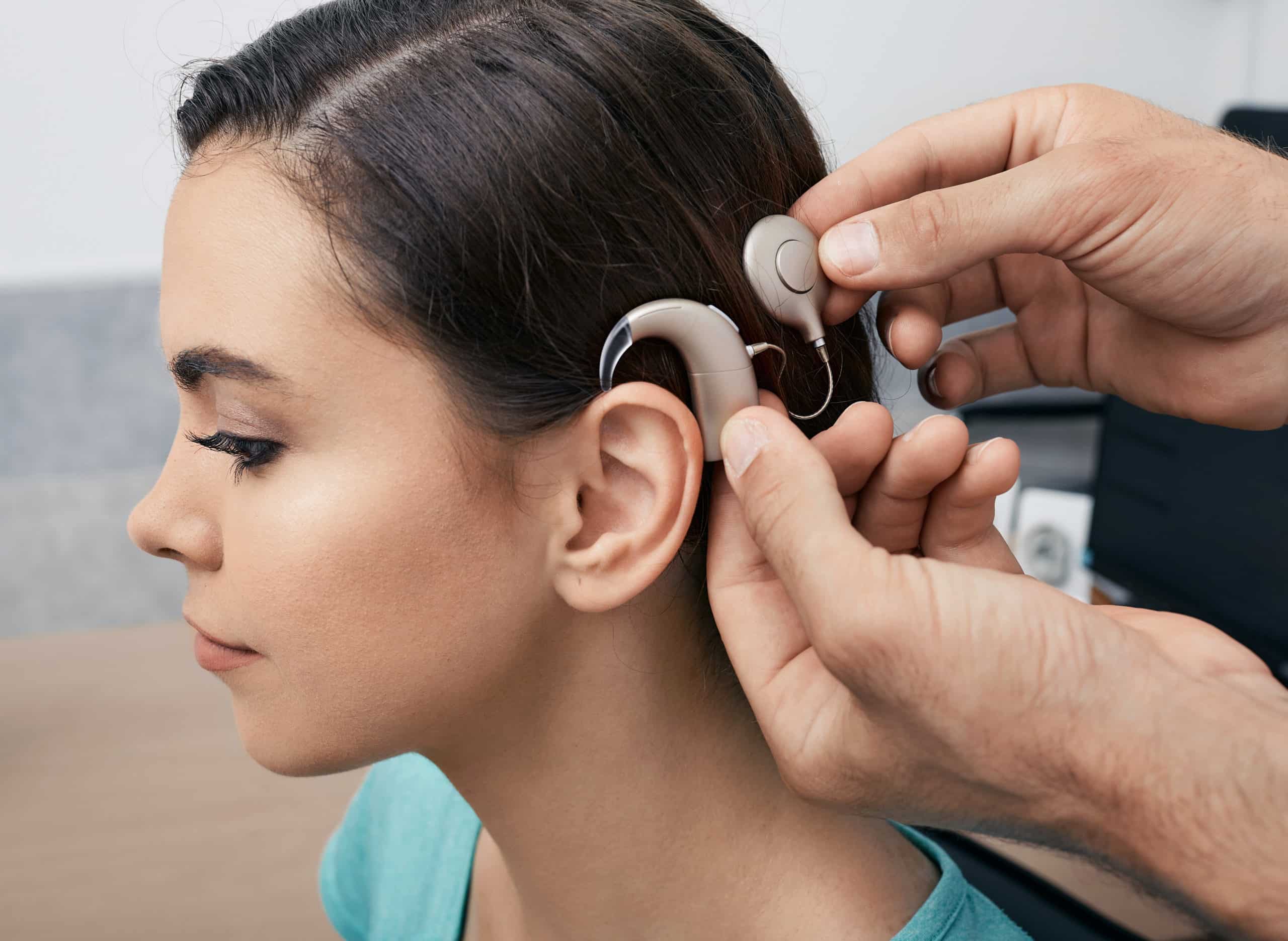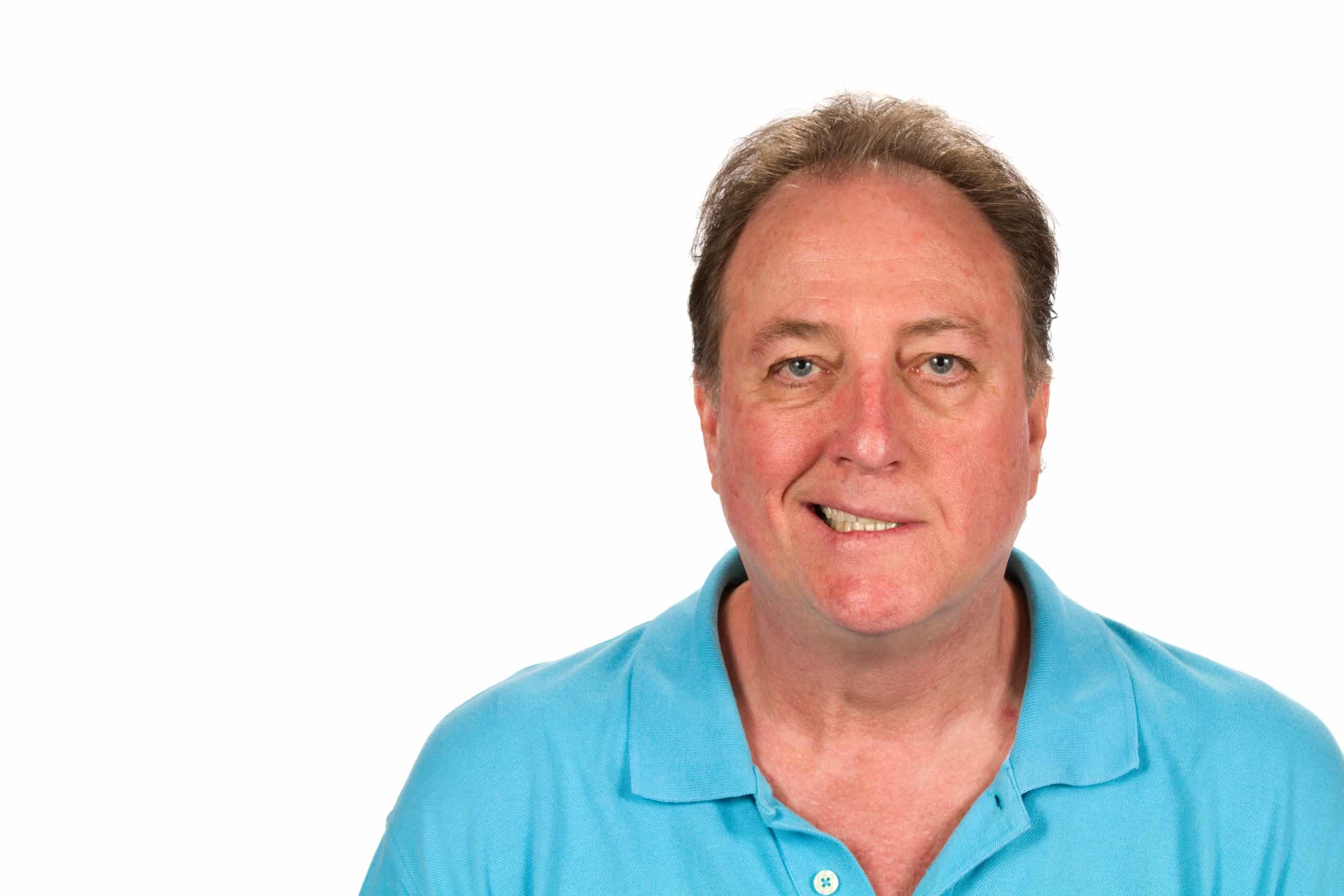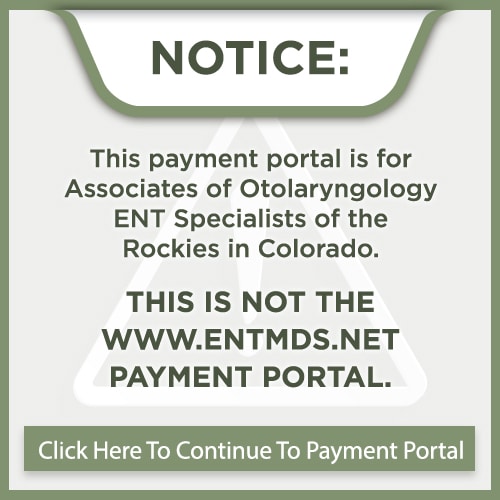If you have been diagnosed with a growth or abnormality on the underside of the brain, you may need to undergo a Skull Base Surgery to ease your signs and symptoms by removing the benign or cancerous growth. In these cases, our team at the AOO/ENT specialists of the Rockies will help guide you through this process so that you feel confident and comfortable along the way. Many of these procedures are done in collaboration with our neurosurgery colleagues.

What is Skull Base Surgery?
Skull base surgery is performed for patients who have been diagnosed with growths or abnormalities on the skull after an MRI, MRA, CT scan, or biopsy. These growths can also cause headaches, dizziness, numbness, facial discomfort or weakness, hearing issues or ringing, congestion, and dizziness. A skull base surgery may be required to remove these benign or cancerous growths.
How is Skull Base Surgery Done?
There are a few ways that a skull base procedure can be performed — the approach depends on the tumor or condition location and size.
For anterior skull base surgery, endoscopic approaches are the most common. This minimally invasive procedure will require a small incision inside the nose to remove the growth via an endoscope. An MRI will then be necessary to ensure that the entirety of the growth has been removed. An open skull base surgery, on the other hand, will require incisions in the skull and face to remove the growth. In many cases, an open skull base surgery is necessary for those that also need parts of the bone taken out to ensure the entirety of the growth has been removed. Most procedures can be performed by entering through the nostrils or mouth but may need to a small incision above the eyebrow. Most procedures last around two hours.
For lateral skull base surgery, incisions are placed around the ear to access tumors around the brainstem, cerebellum, and temporal bone. A craniotomy may be performed to remove a tumor, growth or address the underlying condition.
Skull Base Surgery Recovery
Post-procedure, you will require additional testing and evaluations from our team to ensure that the growth has not redeveloped. Most patients require inpatient hospitalization and mild pain relievers.
If you require a Skull Base Surgery, you want to feel confident that your team has the experience necessary for a safe, successful procedure. Contact AOO/ENT specialists of the Rockies in Lone Tree or Denver, Colorado to schedule your consultation today.
Sources:
Jeffrey L. Cutler, M.D.
Dr. Jeffrey Cutler is board-certified with the American Board of Otolaryngology and received his medical degree at Tulane University Medical School in New Orleans. He performed his residency at Vanderbilt University Medical Center in Nashville. In addition, he completed a 1 year fellowship in nasal and endoscopic sinus surgery. His area of expertise includes the medical and surgical treatment of complicated sinus and skull base diseases. Dr. Cutler has published many articles on office based nasal and sinus procedures - particularly on balloon sinus and Eustachian tube dilation When not at the office, he enjoys spending time outdoors with his family, skiing and cycling.









